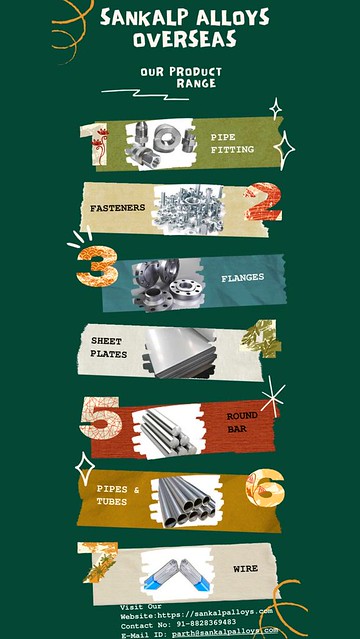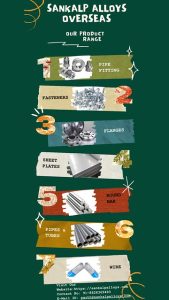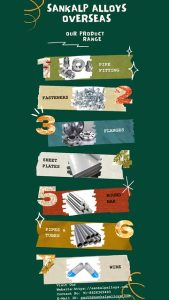
Alloy Plate: A Versatile Metal Plate for Various Applications
Alloy Plate: A Versatile Metal Plate for Various Applications
Introduction:
Alloy plat alloy plate es are widely used in various industries due to their exceptional properties and versatility. This article explores the manufacturing process, features, advantages, applications, selection criteria of alloy plates. Whether you need a stainless steel plate supplier or any other alloy plate, this guide will help you make an informed decision.
Manufacturing Process:
Alloy plates are primarily manufactured through two methods: hot roll steel plate ing and cold rolling. Hot rolling involves heating the metal above its recrystallization temperature and passing it between rollers, while cold rolling is done at room temperature. Both processes result in flat sheets that can be further processed based on specific requirements.
Features:
1. Strength and Durability: Alloy alloy plate plates exhibit excellent strength-to-weight ratio and resistance against corrosion.
2. Temperature Resistance: These plates can withstand high temperatures without warping or losing their properties.
3. Versatility: Alloy p stainless steel plate supplier lates can be easily shaped into different forms like flats or coils to suit diverse industrial needs.
4. Electrical Conductivity: Depending on the composition of the alloy, these plates may possess superior electrical conductivity desirable for certain applications.
Advantages:
1. Corrosion Resistance: Stainless steel plates offer exceptional corrosion resistance due to the presence of chromium.
2. Wide Range of Alloys Available: Nickel alloy plate provides excellent durability and resistance to e metal plate xtreme conditions.
3.Multifunctionality : Steel plates are known for their strength and versatility across several industries such as construction, automotive, aerospace,and more.
4.Easy Maintenance:Brass Plates require minimal maintenance owing to their ability to resist tarnishing naturally
Applications:
The vari alloy plate ous uses of alloy plate include but not limited to:
1.Construction industry
2.Automotive components
3.Aerospace equipment
4.Electrical power generation
5.Shipbuilding industry
How to Select the Right Alloy Plate Supplier?
Choosing a reliable stainless steel plate supplier or any other allo brass plate y plate supplier plays a crucial role in obtaining superior quality products. Here are some factors to consider:
1. Quality Assurance: Ensure that the supplier has certifications like ISO 9001, guaranteeing product quality.
2. Material Selection: A reputable supplier should offer a wide range of alloys suitable for your specific application.
3. Customization Options: Look for suppliers who can provi stainless steel plate supplier de customized alloy plates based on your requirements.
4. Timely Delivery: Choose a supplier with efficient logistics and timely delivery to avoid project delay alloy plate s.
Conclusion:
Alloy plates, including stainless steel plate, brass plate, nickel alloy plate, and others, are essential materials across various industries due to their remarkable properties and versatility. Understanding the manufacturing process, features, advantages,and selection criteria will help

you make an informed decision while procuring these plates.With appropriate knowledge and by choosing reliable suppliers,you can confidently select the right alloy plate for your specific application needs

